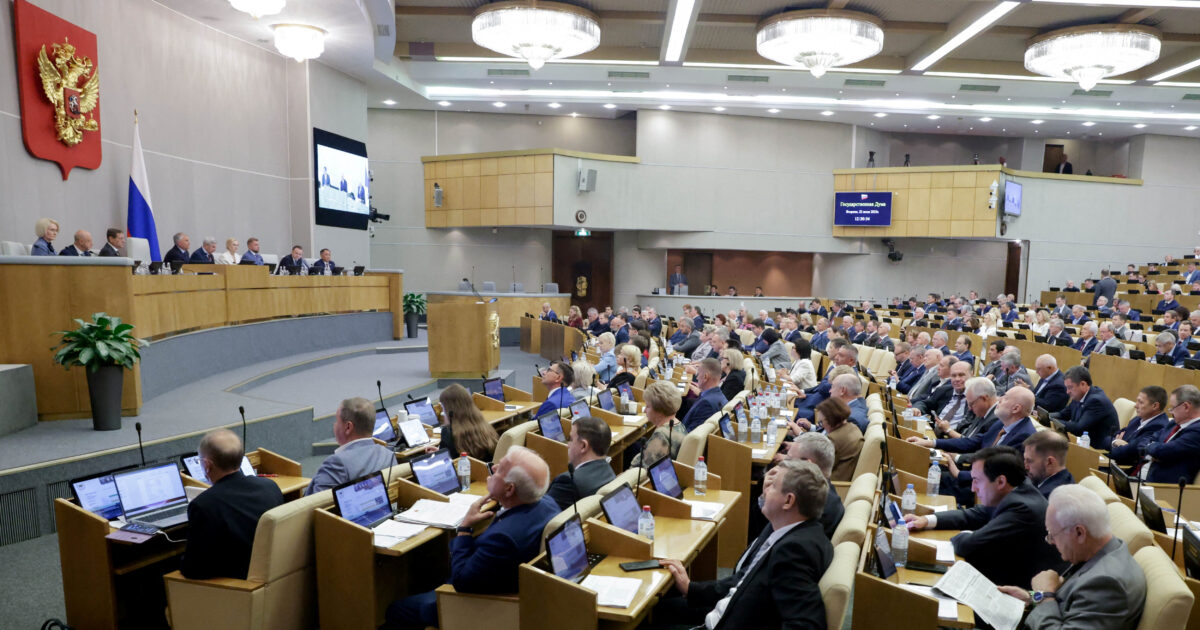The state duma, the Lower House of Parliament in Russiaapproved legislation that provides for the imposition of fines on those who are looking for or reading the internet content that the authorities call “extremist”.
The passage of the law is considered yet another step towards enhancing state censorship in Russia, with significant impact on users’ privacy but also on the future of applications such as Whatsapp.
According to the new regulation, those who violate the law will face fines of up to 5,000 rubles (about 54 euros). Critics, even within the pro -government space, are fearing that the road is being paved for even more stricter criminal prosecutions in the future.
Whatsapp in target
The official list of the Russian Ministry of Justice with “extremist” contents exceeds 500 pages and includes, among other things, the Foundation for the Foundation of the Corruption of Alexei Navalny, the International LGBTKI movement and the American company Meta – the owner of Facebook and Instagram.
On Friday (18/07/2025), MPs responsible for digital policy issues stated that the WhatsApp application should be prepared for a possible departure from the Russian market if it is included in the list of banned platforms.
The new law is also aiming for VPN users, a tool used by millions of Russians to bypass censorship. Now, even access to forbidden content via VPN may be punished if it turns out.
“This law is about a very limited group of people looking for extremist content because they themselves are already one step away from extremism,” said Sergei Boyarsky, chairman of the Duma Digital Policy Committee, on Duma TV channel.
For his part, the Minister of Digital Development McChut Sadagev argued that the law enforcement authorities should prove the intent of users to have access to such content, and that the simple tour would not be considered criminal.
However, it remains a crucial question: how exactly will a user intend to seek extremist content on the Internet? An issue that is of concern to defenders of digital freedoms.
